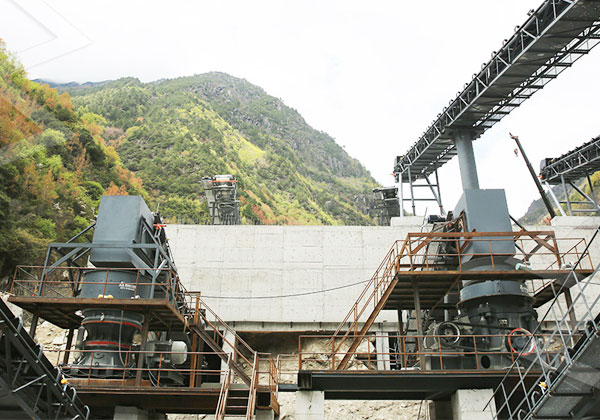A 300 TPH granite crushing plant is designed to process large quantities of granite, producing high-quality aggregates for various construction projects such as roads, bridges, and buildings. When looking to purchase or set up a 300 TPH granite crushing plant, there are several important factors to consider to ensure optimal performance and efficiency. Here’s an overview of the key components, features, and considerations:

Components of a 300 TPH Granite Crushing Plant
- Feeder: The process begins with a vibrating feeder, which feeds the raw granite stones into the jaw crusher. It ensures a uniform flow of material to prevent clogging or overload.
- Primary Crusher (Jaw Crusher): The first stage of crushing is typically done by a primary jaw crusher, which reduces the size of the raw granite stones from their initial large size into smaller, manageable sizes. The jaw crusher should be robust, with features like high crushing capacity and durable materials to withstand the hardness of granite.
- Secondary Crusher (Cone Crusher or Impact Crusher): After the primary crusher, the material is passed to a secondary crusher, which further reduces the size of the granite. A cone crusher is commonly used in this stage because of its ability to handle harder materials like granite and produce uniform, high-quality aggregates. Alternatively, an impact crusher can be used for different crushing styles, depending on the requirement.
- Screening Equipment (Vibrating Screen): Once the granite is crushed, a vibrating screen is used to separate the fine aggregates from the larger stones. The screen ensures that only the appropriately sized materials move forward for further processing or distribution, with adjustable mesh sizes to cater to different product specifications.
- Sand Making Machine (if required): For some applications, a sand making machine (such as a vertical shaft impactor or VSI) may be included to produce high-quality manufactured sand. This is especially important when fine aggregates are needed for concrete production or other fine-grading applications.
- Conveyors: Conveyors play a crucial role in transporting the crushed granite and aggregates between various stages of the plant. They ensure smooth, continuous material handling and efficient distribution to stockpiles or to trucks for transport.
- Control System: A modern control system is necessary for monitoring and optimizing the crushing plant’s performance. It helps regulate feeding, crushing, and screening processes while ensuring the operation runs efficiently and safely.
Features of a 300 TPH Granite Crushing Plant
- High Capacity: The plant is capable of processing up to 300 tons of granite per hour, making it ideal for large-scale production needs.
- Efficient Crushing and Screening: The combination of primary, secondary, and screening units ensures that granite is crushed into various sizes, from large aggregates to fine sand, according to market demands.
- Durability: Granite is a very hard and abrasive material, so the crushing equipment must be robust and resistant to wear. High-quality materials and advanced technologies are typically used to manufacture crushers, screens, and other components to withstand the demands of granite processing.
- Energy Efficiency: Modern 300 TPH granite plants are designed for energy efficiency, using advanced motors, hydraulics, and automation systems to minimize power consumption while maximizing throughput.
- Automation and Monitoring: Advanced automation systems allow operators to monitor the plant’s performance, adjust settings, and optimize processes remotely. This increases efficiency, reduces downtime, and lowers the cost of labor.
- Customizable: Depending on the specific requirements of the customer, such as desired aggregate size, the plant can be customized to meet specific needs.
Considerations When Buying a 300 TPH Granite Crushing Plant
- Price: Depending on the equipment manufacturer, design, and features, the cost of a 300 TPH granite crushing plant can vary significantly. Be sure to get multiple quotes to compare prices.
- Space Requirements: A plant of this size requires substantial space for installation, including the crushers, conveyors, feeders, screens, and stockpiles. Ensure that the site is large enough to accommodate the equipment and future expansion.
- Maintenance and Spare Parts: Since the plant will handle hard materials like granite, regular maintenance is essential. Choose a supplier that offers reliable after-sales service, spare parts, and technical support.
- Environmental Concerns: Consider environmental factors such as dust control, noise reduction, and waste management. A plant with built-in environmental controls will help reduce the impact on the surrounding area.
A 300 TPH granite crushing plant is an excellent choice for large-scale aggregate production, offering high capacity and efficient processing of granite. By selecting high-quality, durable equipment and ensuring the plant is designed to meet your specific needs, you can achieve consistent and reliable output, ensuring that the crushed granite meets industry standards for construction and other applications.

